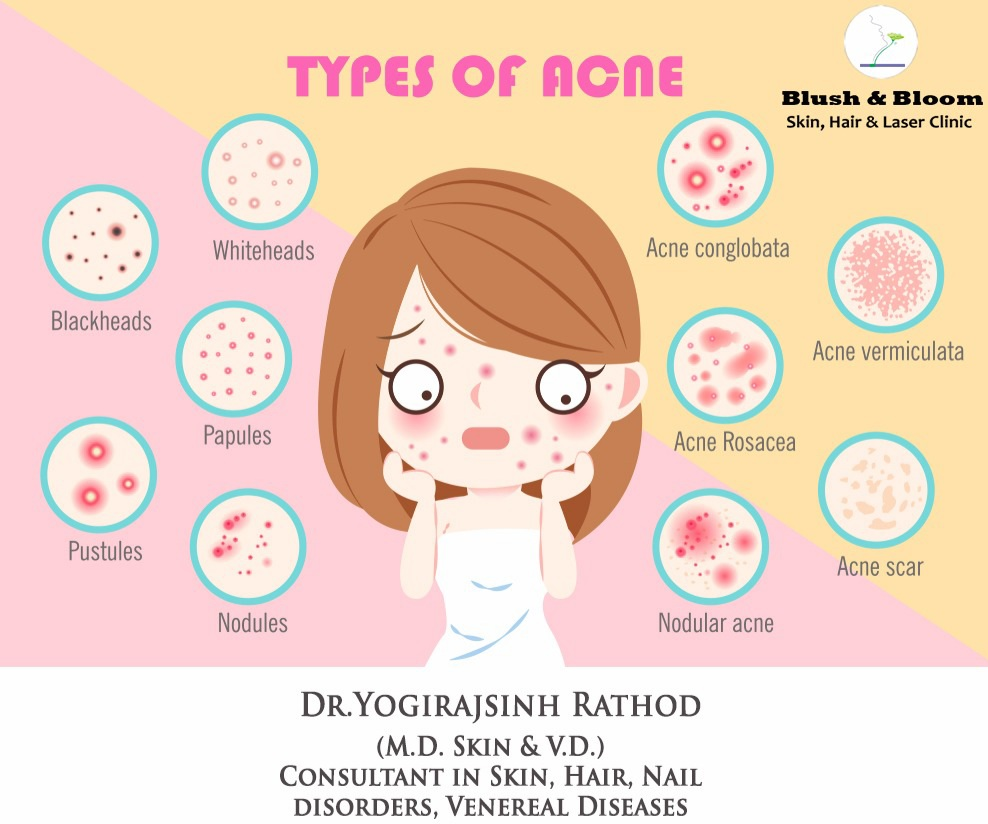
2023-05-04T04:36:02
Acne is a common skin condition that affects millions of people around the world. It occurs when hair follicles become clogged with oil and dead skin cells, leading to the formation of pimples, blackheads, and whiteheads. Despite being a widely studied condition, there are still many myths and misconceptions about acne that can make it difficult to understand and treat. In this blog, we'll debunk some of the most common myths about acne. Myth #1: Acne is caused by poor hygiene Many people believe that acne is caused by not washing your face enough or not using the right products. However, acne is primarily caused by hormonal changes in the body, which can lead to increased oil production and clogged pores. While it's important to keep your skin clean, over-washing or using harsh products can actually make acne worse. Myth #2: Only teenagers get acne While acne is most commonly associated with adolescence, it can affect people of all ages. In fact, many adults continue to experience acne well into their 30s, 40s, and even 50s. Women may also experience acne during pregnancy, menstrual cycles, and menopause due to hormonal changes. Myth #3: Eating greasy or oily foods causes acne There is no scientific evidence to support the idea that eating greasy or oily foods causes acne. While a healthy diet is important for overall health, there is no specific food or food group that has been proven to cause acne. However, some people may find that certain foods, such as dairy or high-glycemic-index foods, can trigger acne breakouts. Myth #4: Sun exposure improves acne While it's true that sun exposure can help dry out pimples and reduce inflammation, it's not a recommended treatment for acne. In fact, prolonged sun exposure can actually damage the skin and lead to premature aging, skin cancer, and other skin problems. It's important to protect your skin from the sun by wearing sunscreen and avoiding prolonged exposure. Myth #5: Squeezing pimples is a good way to get rid of them Squeezing or picking at pimples can actually make acne worse by pushing bacteria deeper into the skin and causing inflammation. It can also lead to scarring and hyperpigmentation, which can be difficult to treat. Instead, it's best to leave pimples alone and let them heal naturally or seek professional treatment from a dermatologist. In conclusion, there are many myths and misconceptions about acne that can make it difficult to understand and treat. By debunking these myths and understanding the true causes of acne, you can take steps to manage and prevent breakouts. If you're struggling with acne, it's important to seek the advice of a dermatologist who can recommend the best treatment options for your skin type and condition.

